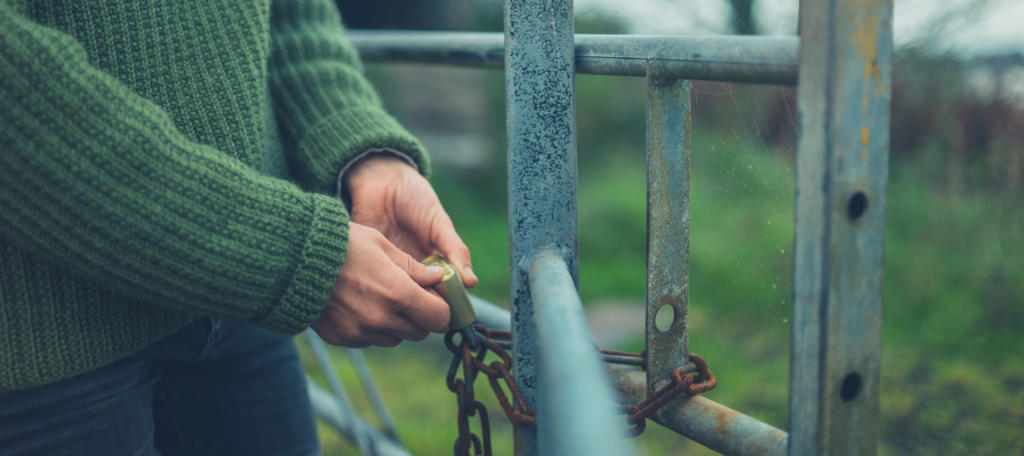
Divorce within a farming family highlights the need for clarity as to who owns what. What can you do to protect assets from being divided on divorce of a family member?
The complexity of farming divorces can make them among the most expensive. Often this is because there is first a dispute as to which of the farm assets form part of the couple’s pot to be divided, before any discussion can then happen about how to fairly divide those assets. Leading family lawyer Sarah Atkinson from Stephens Scown LLP explains what can be done to protect assets from a family member’s spouse.
Commonly there are several elements to the farm: the house, the land itself, the dead and livestock, machinery and the businesses run from the land. Often different elements of the farm are split into different businesses, with various family members in partnership and the accounts may or may not include all of the assets as partnership assets. Very often, the land is still owned in the name of the parents, whilst their children and spouses farm the land and generate the income for the partnership. We have experience in handling farming divorces for clients, and cases often include these complexities.
When a couple decides to get divorced, the first step is for them to exchange full disclosure of all their respective assets and sources of income so that the available “pot” of resources can be calculated, then negotiation can start to work out how the assets should be divided between the couple. It is at this stage that there are often very different perceptions within the farming family about which assets are owned by the couple personally (including as partners of the farm business) and therefore within the pot to divide.
Apart from Land Registry records which may be available to identify the owners of the farm land, often very little is written down to categorically determine who owns what. To avoid an expensive dispute in this context, it is a good idea to record this and for all the partners within the farm business to sign a partnership agreement recording their agreeing as to ownership.
What can you do if an asset of yours is wrongly included in someone else’s divorce?
Sometimes a son/daughter-in-law might include farm assets which belong to the parents in their disclosure and it is important for those parents to take early legal advice themselves, separately from their child who will be advised in the context of the divorce. It is possible for parents (or any other third party who claims they, rather than the couple, own the asset in question) to intervene in their child’s divorce and be joined in to the court proceedings as parties in their own right.
As intervenors in the divorce they can then produce evidence in support of their claim that in fact they own the asset and it cannot therefore be divided in the divorce settlement and invite the court to declare ownership of the contested asset and confirm what is within the pot.
Recently we acted for the parents of a farming family whose son was getting divorced and successfully argued on their behalf that a valuable pedigree herd was in fact owned by them as partners (the son and daughter-in law who were getting divorced not being partners themselves), based on the herd clearly being recorded as partnership assets for years in the accounts. This reduced the couple’s assets to divide in their divorce by hundreds of thousands of pounds and preserved the herd for the parents.
These disputes will always depend on the records of who paid for the asset in question and evidence of any discussions within the family about who would own them. It is possible for the younger generation of farmers to argue that even though assets remain in the parents’ name legally, they have a financial interest in those assets because of agreements reached since the asset was purchased, or promises made to them by the parents on which they have relied, investing money and/or devoting their lives to work on the farm.
These are complicated and technical issues unless clear documents exist confirming ownership, and so early specialist advice is essential.
